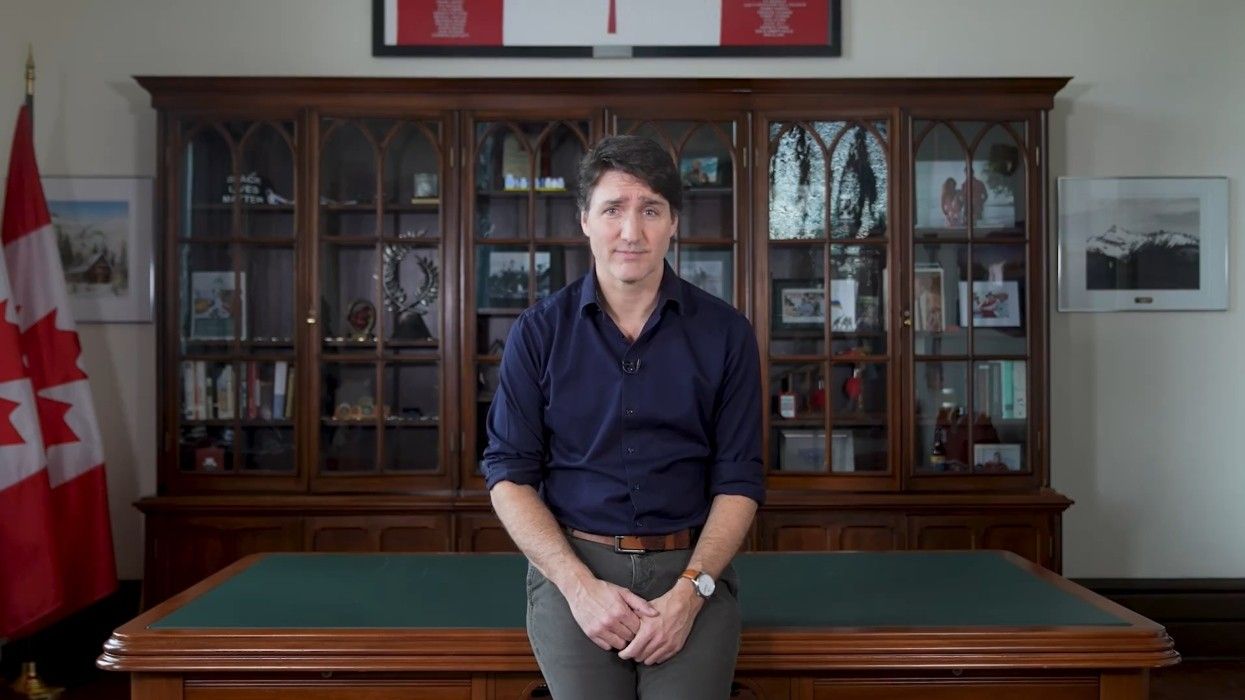On Tuesday, Prime Minister Justin Trudeau made yet another announcement about new housing actions that will be included in Budget 2024, which will be presented later this month.
The biggest item annnounced — both in the amount of money the Government of Canada is committing and its scope — is the $6B Canada Housing Infrastructure Fund, which Trudeau said would "accelerate the construction and upgrading of critical housing infrastructure" — water, wastewater, stormwater, and solid waste infrastructure.
The $6B will include $1B that will be available for municipalities with urgent infrastructure needs that will directly result in more housing. The remaining $5B will then be made available to provinces and territories to support long-term priorities, but only "if they commit to key actions that increase housing supply," Trudeau said.
Those include requiring municipalities to broadly allow four units per lot, implementing a three-year freeze on increasing development charges, adopting forthcoming changes to the National Building Code to support accessible, affordable, and climate-friendly housing options, require as-of-right construction for the government's upcoming Housing Design Catalogue, and implementing measures from the Home Buyers' Bill of Rights and Renters' Bill of Rights.
The general structure of the fund appears to be similar to the Housing Accelerator Fund, which also requires governments to commit to certain housing actions in exchange for funding. As many governments are now eagerly trying to build more housing, a recurring concern has been whether existing infrastructure can support all of that growth and where funding for the necessary upgrades will come from. The new Canada Housing Infrastructure Fund seems to be directly aimed as this concern.
The Government of Canada says Provinces will have until January 1, 2025 to secure an agreement under the Canada Housing Infrastructure Fund, while territories will have until April 1, 2025.
And as it relates to the Housing Accelerator Fund, Trudeau also announced on Tuesday that the federal government was topping off the fund with another $400M. To date, about $3.75B of the $4B fund (now $4.4B) has been earmarked in agreements.
Lastly, Trudeau also announced the introduction of new requirements for governments to access funding for public transit through the federal government's forthcoming public transit fund. Those requirements will be to eliminate all mandatory minimum parking requirements within 800 metres of a high-frequency transit line, allowing high-density housing within 800 metres of a high-frequency transit line, allowing high-density housing within 800 metres of post-secondary institutions, and completing a housing needs assessment for all populations greater than 30,000.
Trudeau said that these series of actions are "about making homes more affordable by increasing supply and making the housing market fairer – for renters, for homeowners, and for Canadians trying to find a place of their own."
"Growing communities need quality infrastructure in order to build more homes, faster — and we are there to support them with these generational investments," he added. "No single player can fill Canada's housing shortage on its own. More must be done and all of Team Canada — the federal government, provinces and territories, Indigenous partners, cities and towns, the private sector, labour, and non-profits — must work together to ensure everyone has an affordable place to call home."
Deputy Prime Minister and Minister of Finance Chrystia Freeland will be presenting Budget 2024 on Tuesday, April 16.
- Every Canadian City That Has Received Housing Accelerator Funds (MAP) ›
- Trudeau Announces More Measures to Speed Up Construction of Homes ›
- Ontario Premier Won’t ‘Force’ Fourplexes On Municipalities ›
- Feds Announce $600M Towards Housing Prefabrication, Homebuilding Innovation ›
- Feds Unveil 'Canada Public Land Bank' With 56 Properties Set For Housing Development ›
- City of Edmonton Introduces $39M Infill Infrastructure Fund ›





















